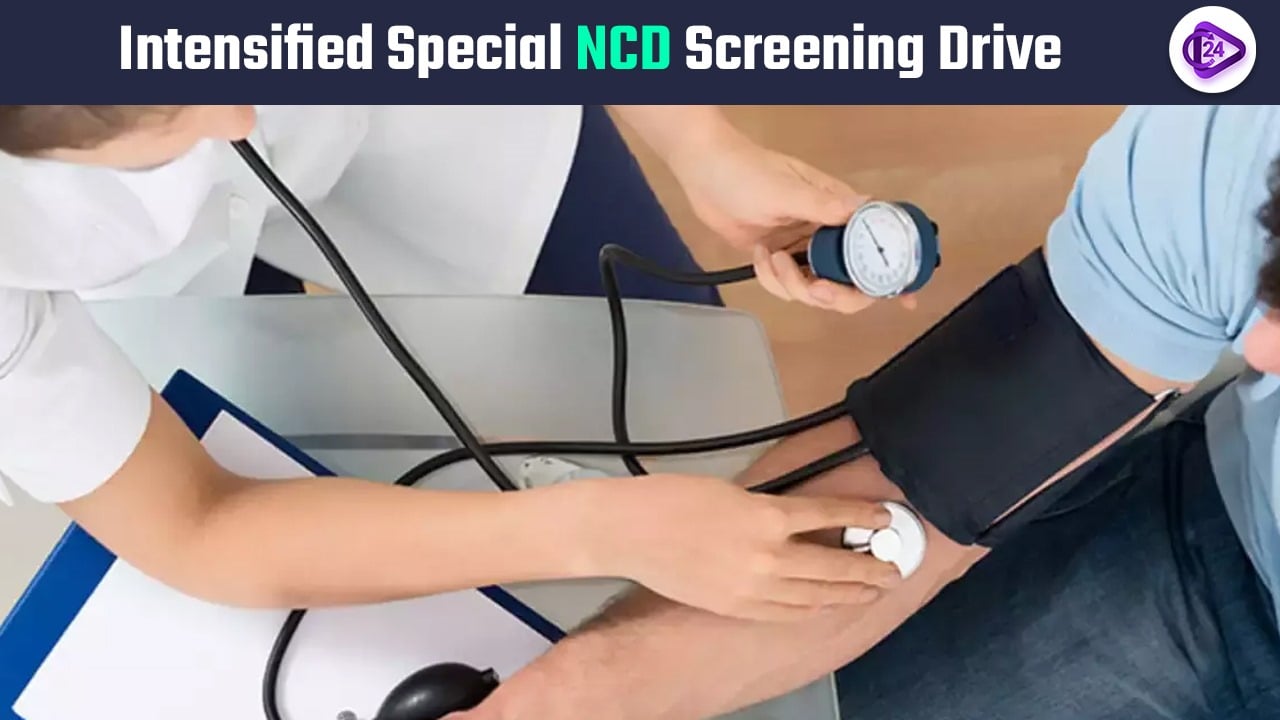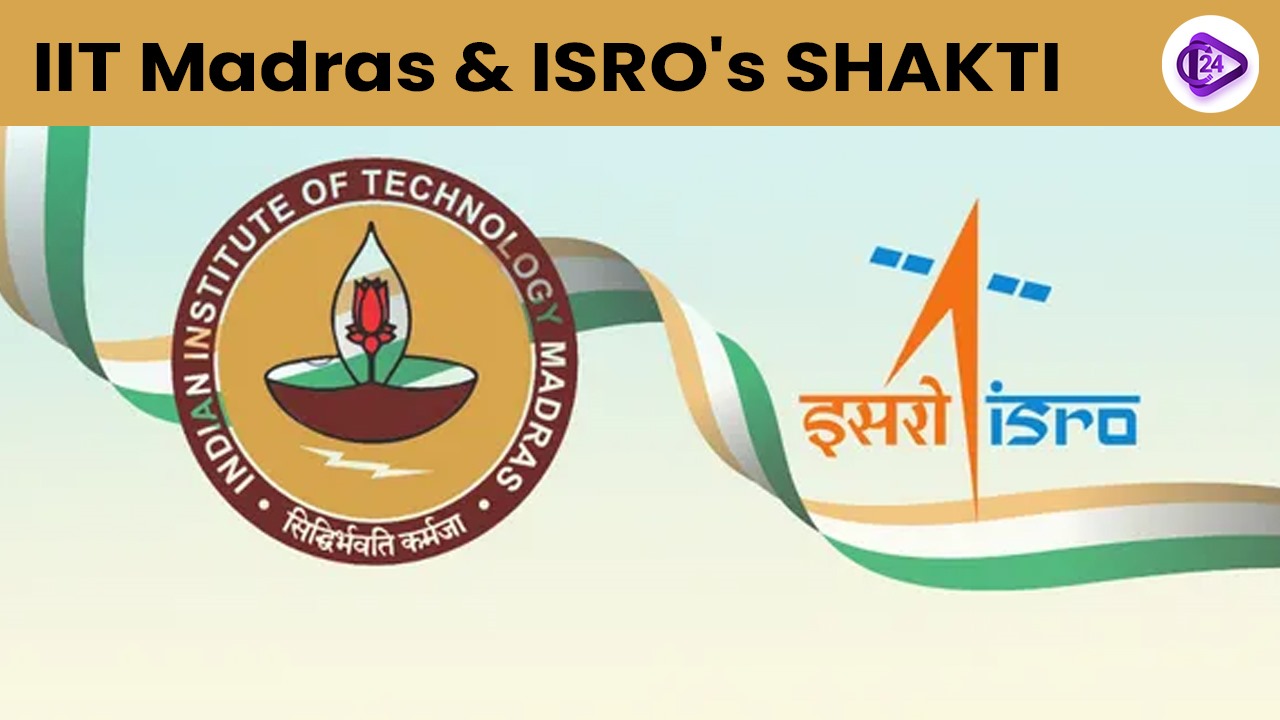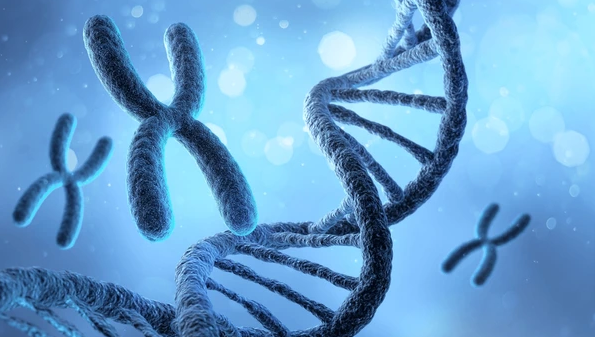
The effects of cancer spread far beyond medical patients since it creates substantial emotional and practical challenges for children and families. Shifting expenses into treatment creates interruptions in education together with earnings suspension and psychological consequences. The current government policies and health insurance programs focus exclusively on medical costs of treatment yet neglect additional expenses including care duties and travel spending and job abandonment.
Introduction
-
Cancer produces severe indirect consequences that influence family members especially youth during their treatment phase.
-
Treatment cost reduction strategies make up most policies but these policies do nothing to address the unseen economic and educational and social consequences.
-
The paper studies the economic expenses together with educational disadvantages and extended social-financial consequences that cancer creates for children along with their families.
Impact of Cancer on Children and Families
a) Education Disruptions
-
School attendance becomes disrupted for children whose parents have cancer because financial difficulties occur.
-
The medical expenses along with income loss force numerous children to discontinue their education.
-
The responsibilities that elder siblings accept to support their family after cancer negatively influence their career paths.
b) Loss of Income and Increased Expenses
-
The therapy necessary to treat cancer results in employment cessation for both patients and caretakers.
-
Healthcare expenses for treatment increase substantially because rural families need to move their patients to medical facilities located in urban areas.
-
The total bill grows because patients need physician-diagnosed diets and must visit hospitals and need household help for caregiver responsibilities.
c) Psychological and Social Impact
-
People whose parents have cancer experience multiple emotional problems alongside feelings of social loneliness and excessive nervousness.
-
Long-term negative effects strike mental health when individuals care for others while they struggle financially.
-
Family access to counseling and therapy is limited because these essential services are cost-prohibitive thus leading to worse psychological effects for family members.
Government Policies and Support Mechanisms
a) Health Insurance and Financial Aid
-
The Ayushman Bharat PMJAY healthcare policy pays for direct medical care yet fails to provide coverage for indirect expenses.
-
Disability riders attached to insurance policies give financial assistance yet working-class families cannot use them because these plans cost too much money and they don't qualify to access them.
-
The states of Haryana and Tripura and Himachal Pradesh run monthly pension programs which serve to lighten financial obligations.
b) Travel and Accommodation Support
-
The nationwide rail operators Indian Railways together with Air India provide reduced ticket prices for both cancer patients and those who care for them.
-
Both Haryana and Himachal Pradesh offer bus services at no cost to their cancer patient population.
c) Gaps in Existing Policies
-
The medical coverage exists without any official mechanism for reimbursement of income loss or caregiver assistance or educational support interruptions.
-
Caregivers in India have limited access to protective employment benefits through paid leave policies.
The Way Forward
a) Strengthening Educational Support
-
The continuation of children's education remains possible because scholarships along with extra coaching and adaptable educational systems exist.
-
School-based mental health support services offer emotional distress management to children.
-
Social Corporate Responsibility programs and government financial programs should be used to maintain educational processes.
b) Expanding Financial and Employment Protections
-
Government programs supply financial help to family members who need to quit employment to deliver patient care.
-
Caregivers experience reduced financial stress because of employment protection policies that extend the amount of paid leave available to them.
c) Integrating Multi-Level Policy Interventions
-
All three sectors Corporate and government departments along with local communities should deliver combined medical care and social economic support.
-
Health insurance plans must enable coverage for patient care expenses in addition to support systems like travel reimbursements and caregiver and rehabilitation assistance.
Conclusion
Government policies should aim to end poverty along with educational inequality which results from cancer by implementing extensive care frameworks that surpass medical expense limitations. Caretaker financial support along with child educational resources together with workplace safety measures will enhance patients' adherence to treatment while improving their emotional health and their prospects for future work. The combined solution for direct and indirect cancer challenges will block cancer from restricting individuals throughout their lives in social and economic spheres.




 Kerala Launches nPROUD: India’s First Safe Drug Disposal Program
Kerala Launches nPROUD: India’s First Safe Drug Disposal Program Intensified Special NCD Screening Drive: Key Highlights & Objectives
Intensified Special NCD Screening Drive: Key Highlights & Objectives Kaveri 2.0 DDoS Attack Highlights Cybersecurity Gaps in India
Kaveri 2.0 DDoS Attack Highlights Cybersecurity Gaps in India NAKSHA Pilot Project: National Geospatial Knowledge-based Land Survey of Urban Habitations
NAKSHA Pilot Project: National Geospatial Knowledge-based Land Survey of Urban Habitations India’s First Manned Deep-Sea Mission: Matsya 6000 to Launch in 2026
India’s First Manned Deep-Sea Mission: Matsya 6000 to Launch in 2026 AI Set to Give Voice to Endangered Tribal Languages
AI Set to Give Voice to Endangered Tribal Languages IIT Madras & ISRO Unveil SHAKTI-Based IRIS Chip for Space
IIT Madras & ISRO Unveil SHAKTI-Based IRIS Chip for Space SRY Gene: The Key to Sex Determination & Rare Genetic Anomalies
SRY Gene: The Key to Sex Determination & Rare Genetic Anomalies AI Impact on Genetics: Transforming Research and Healthcare
AI Impact on Genetics: Transforming Research and Healthcare






